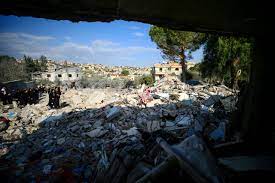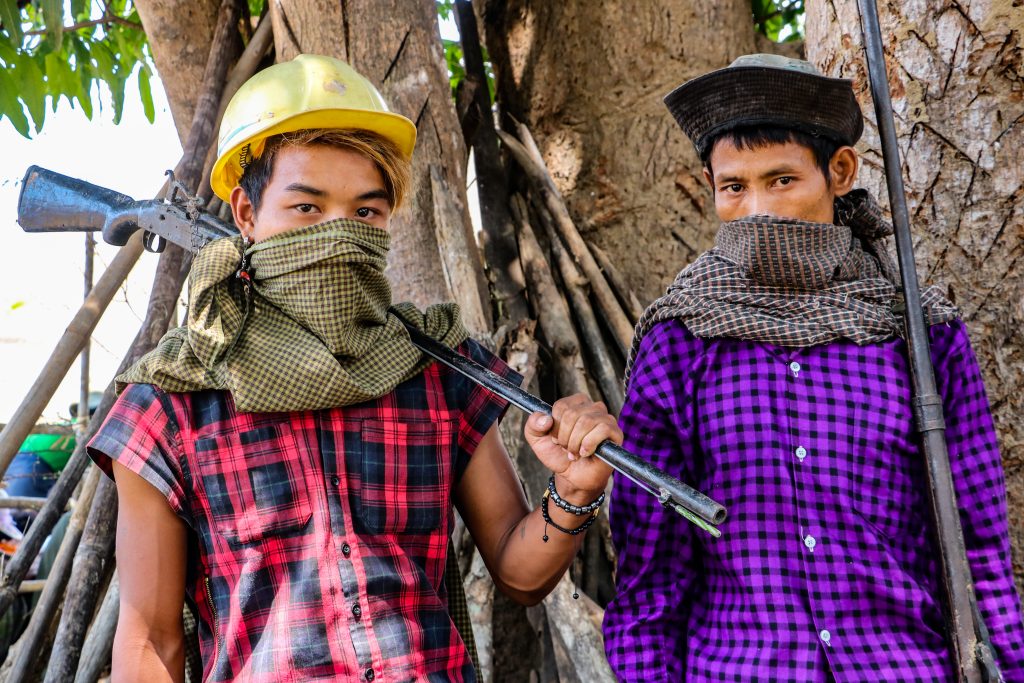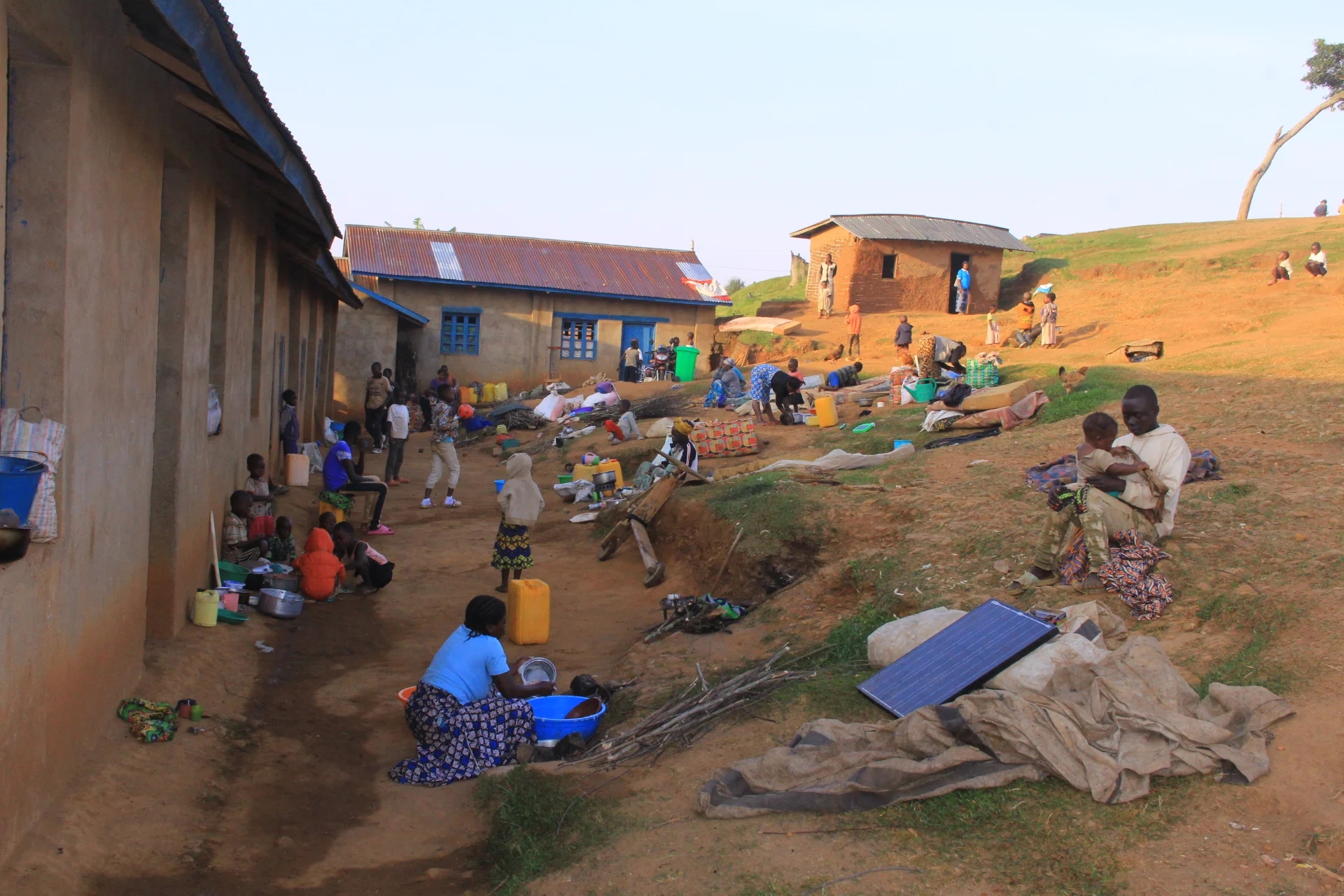Amid escalating airstrikes from Israel, southern Lebanon
finds itself in a state of upheaval and uncertainty, with once-secure areas now
under threat and displaced families grappling with loss, fear, and an uncertain
future.
Since the outbreak of conflict in Gaza, tensions between
Israel and Hezbollah have mounted, resulting in daily exchanges of fire.
However, recent weeks have seen Israel intensify its airstrikes in southern
Lebanon, targeting areas previously deemed safe. The violence has forced over
90,000 people to flee their homes since October, leaving many uncertain of
where to find refuge amidst the chaos.
Cities like Nabatieh, once considered secure, have been
shaken by deadly airstrikes, leaving residents like Jamal Zein, a farmer and
father of four, grappling with loss of income and the disruption of daily life.
Zein's story mirrors that of many others who find themselves displaced and uncertain
of what the future holds.
For Hussein Alawiyeh, a dentist who built his career in Bint
Jbeil, displacement has meant starting over in Nabatieh city, where attracting
patients is a struggle amid the turmoil. The prospect of further displacement
looms large, threatening to upend his life once again.
The situation is compounded by Lebanon's existing economic
crisis, leaving many displaced individuals without access to livelihoods or
essential services. Al-Hassan Qassem, a mechanic, remains in his village near
the border to provide for his family, even as the threat of violence looms
overhead.
While some aid efforts are underway, many displaced people
feel overlooked by both the government and international organizations. Firas
Fares, displaced to Tebnine, criticizes the lack of support and assistance
available, leaving families like his struggling to make ends meet.
Local NGOs like Baneen are working tirelessly to provide
aid, but limited funding hampers their efforts to reach all those in need. With
the number of displaced people increasing daily, the urgency for support grows.
In the face of uncertainty, some displaced individuals rely
on remittances from family members abroad to survive, as Heba Jomaa and her
family do while displaced in Beirut. Despite their resilience, the prolonged
displacement takes its toll, leaving many questioning when they'll be able to
return home.
As southern Lebanon grapples with displacement and violence,
the resilience of its people shines through amidst the chaos. Yet, without
sufficient aid and support, their struggle for stability and safety continues,
highlighting the urgent need for concerted international action to address the
humanitarian crisis unfolding in the region.










.jpg)